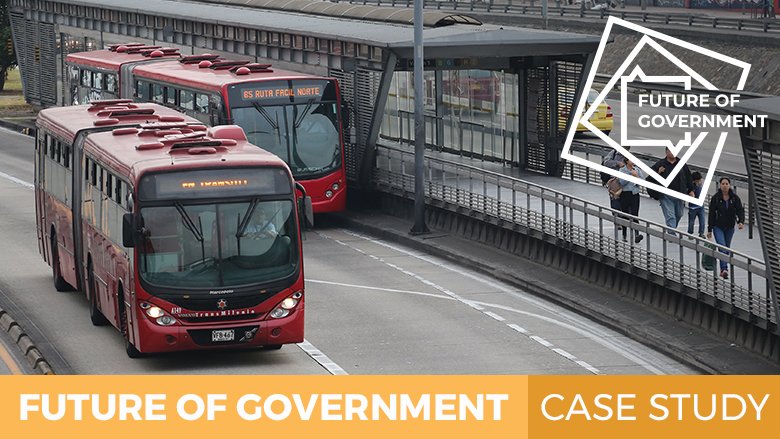Future of Government | Report | Future of Government Debates
Fishmeal production is a large industry in Peru. Overfishing and air pollution are large “externalities” (costs imposed on others without compensation) that result from the fishmeal value chain.
To reduce overfishing and pollution, the government attempted to legislate and issue permits to avoid overfishing. This regulation was effective: the result of the regulation was a more gradual supply of fishmeal over an elongated fishing season. But this led to increased health effects from fishmeal-produced air pollution. Fish factories ran fishmeal production more regularly. (It turns out that a long slow dose of air pollution was worse for human health than a series of shorter larger doses). Over 55,000 additional hospital admissions resulted each year and the additional health costs likely exceeded industrial benefits.
A pivot to regulation for cash strapped governments faces other difficulties. Environmental protection may be less of a relative priority in countries where many people face more immediate challenges around basic needs and have lower expectations/experience of a competent government effort at regulation aligned to the interests of most citizens.
Other examples of large, unintended consequences include the introduction of additional local governments in Indonesia which rewarded elites with government-sponsored jobs but which also led to significantly increased deforestation. Another is the low level of regulation of online social media, where the health effects on young people, and the lack of investment in making social media safer for people in fragile states, has created large and often unforeseen ‘externalities’.
Unintended consequences of reforms have been studied in many fields: higher education, expanding access to education globally, welfare reform, cash transfers, public management and public service reform. The first Nobel medal for economics which was awarded to a woman was for the study of the unintended consequences of government-imposed reforms which disturbed existing ways of dividing resources, arrived at by communities on uses of fisheries, extractable water and other “common pools”.
This case study is based partly on Hansman, Hjort and Leon (2016).

